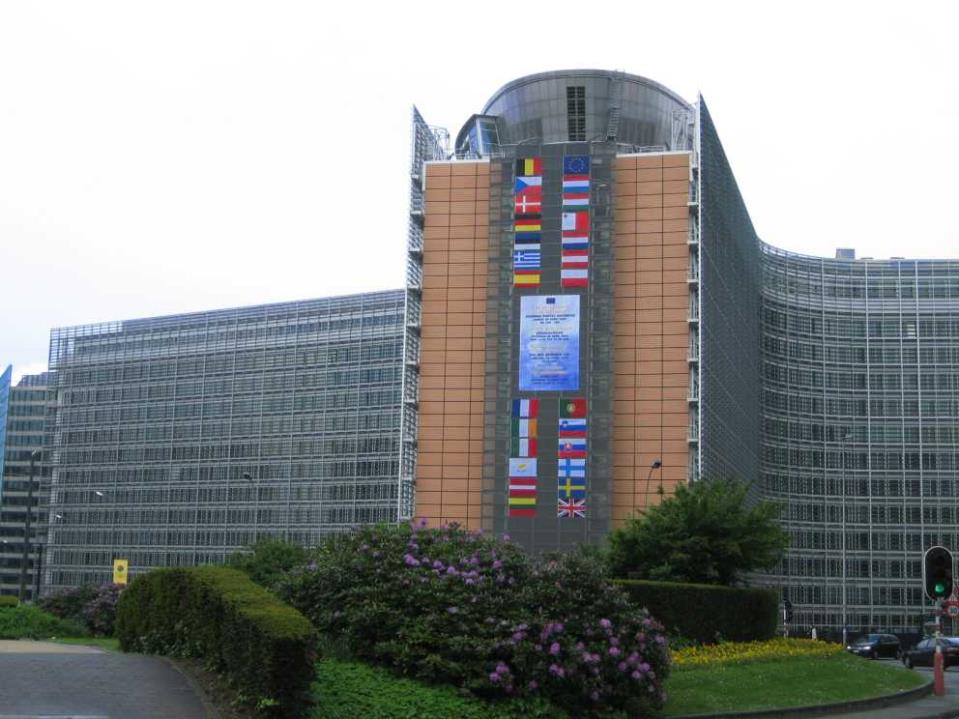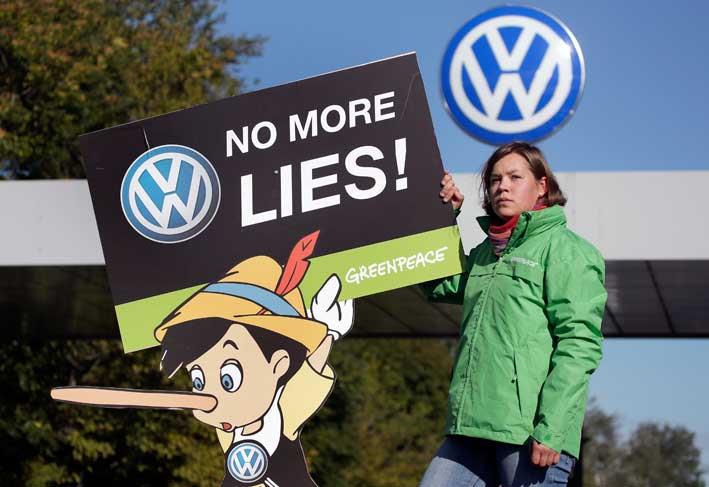Mariosa Vella Cardona – a legal consultant who specialises in European competition and consumer protection laws – said that in January 2016 the European Commission is to introduce a Real-Driving Emission test on new sample vehicles in addition to the other laboratory tests already carried out within the EU before a car manufacturer can obtain a type approval for a particular model.
Speaking to the Malta Independent on Sunday, Dr Vella Cardona said that this new test will involve the use of Portable Emission Measuring Systems which will be fitted temporarily in sample cars provided by a car manufacturer for type approval.
The additional tests to vehicles within the EU comes after VW – the biggest carmaker in the world – admitted falsifying emission tests following investigations by the US Environmental Protection Agency, and as recently as yesterday admitted manipulating the test results of about 2.8 million vehicles in Germany.
VW cars sold in the US had an emissions-compliance ‘defeat’ device in diesel engines installed to make diesel-powered engines appear to have lower emissions.
The company said it would probably need to refit up to 11 million vehicles affected by the scandal worldwide.
Now that the scandal is in the public domain, Germany’s transport minister has announced that the car maker had manipulated the test results of about 2.8 million vehicles in the country, nearly six times as many as it has admitted falsifying in the US, indicating cheating on a larger scale than previously thought.

“Before the scandal came to light, the EU only conducted laboratory tests on sample cars, hence the reason why the EU authorities did not realise that the emissions of a large number of VW vehicles had been tampered with,” Dr Vella Cardona said. In future, there will be an additional test to assess the actual emission performance of vehicles on the road, but tests within the EU will still only be done on sample cars provided by a car manufacturer for type approval in any member state.
“The problem is that the tests currently conducted in the EU are not as stringent as those done in the US which is why VW succeeded in getting away with the defeat device installed in its vehicles.
“The test is necessary for a type approval certificate to be issued to manufacturers,” she continued.
Dr Vella Cardona explained that, essentially, the portable system to be fitted in sample cars comes in the form of a lightweight device that is used to assess mobile source emissions. She pointed out that, since the European Commission does not have a complete picture of how many cars have been affected within the EU, it has called on the authorities of each member state to help it verify the exact number of vehicles that may have been affected.
“The Commission needs to know the extent of the damage the EU vehicle market has sustained as a result of the VW scandal,” she said.

After the scandal was exposed, Transport Malta – at the request of the Commission – called on local importers of Volkswagen cars to submit “official information about vehicles that may be affected”.
“Transport Malta is being regularly updated on the developments and will discuss the way forward in line with established practices throughout the European Union,” it said in a statement released earlier this week.
On Friday, Switzerland announced it has temporarily banned the sale of the carmaker’s diesel-engine models which could have devices capable of falsifying emission tests.
On this point, Dr Vella Cardona said that, according to Regulation (EC) No. 715/2007, the use of defeat devices by manufacturers is prohibited in the EU. “The objective of the cheating device is to interfere with the operation of the emissions control system. The software is specifically used to circumvent emission standards controlled by EU regulations.”
Consumer rights
Dr Vella Cardona She explained that, in accordance with EU law, the manufacturer will make the necessary adjustments to diesel engine cars that have been tampered with free of charge.

She emphasised the point that VW is saying that ‘fixing’ the device should not pose any problems and can be done easily.
“If owners feel aggrieved because they were misled by being sold a vehicle that does not have the qualities the seller claimed it had at the time of sale, they have every right to insist that their vehicle is brought in line and is fixed.
“But it is only if the manufacturer refuses to fix the problem or it cannot be fixed that consumers can insist on being given a new vehicle,” she explained.
“Technically, EU law stipulates that if one purchases a movable item and it does not possess the qualities which the seller led the purchaser to believe it possessed at the time of the sale, the consumer has the right to ask the manufacturer to have it rectified. Only in the eventuality that the product cannot be fixed within a reasonable time period, can the consumer insist on a replacement. And the same goes for vehicles,” she said.
This newsroom asked Dr Vella Cardona whether VW is bound to give consumers a temporary replacement car while the damage is being fixed.
“It all depends on the extent of the inconvenience caused to the consumer. However, considering that VW deliberately installed cheating illegal devices in its vehicles, it is fair to expect the manufacturer to bear all the costs incurred by the purchaser related to such rectification,” she said.